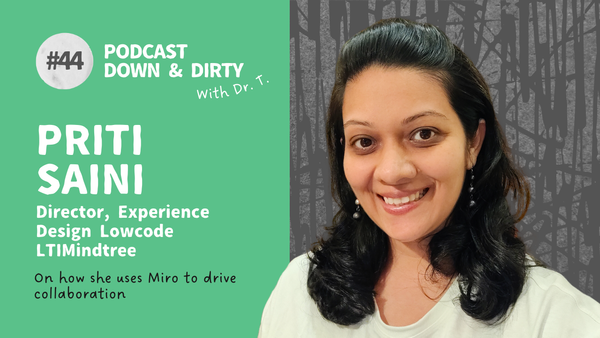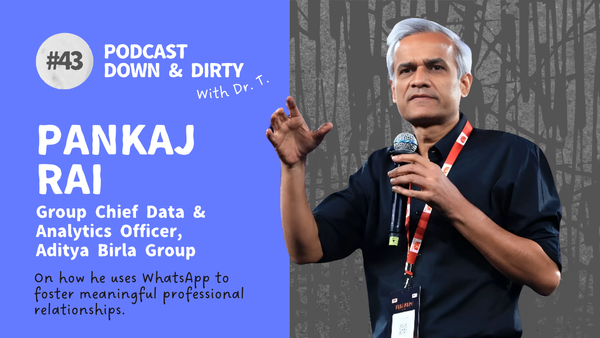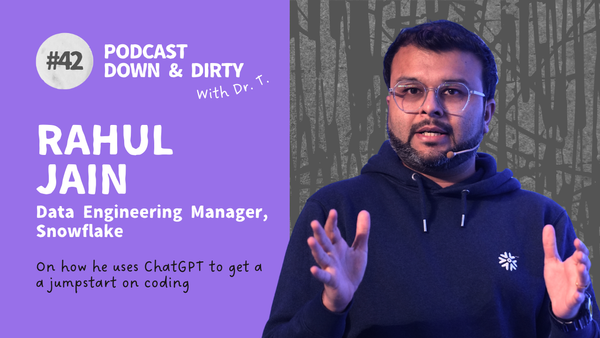🪄You’re running your first online interview. How do you build rapport?
5 tips to get your research participants to loosen up and trust the process.

Written by: Tarushi Mohan
As a researcher, regardless of whether you are a novice or seasoned, you will undoubtedly encounter projects where recruitment becomes an exceptionally challenging task. Gaining the trust of unknown individuals and encouraging them to open up and share their honest opinions and experiences might seem almost impossible. Even if you manage to persuade people to participate, there remains the hurdle of making them comfortable enough to engage openly with you.
Drawing from my experience of running multiple research studies over the past few years, I can attest that there is no guaranteed method to ensure that everyone you approach will readily accept and be willing to talk to you openly. However, I'd like to share some valuable learnings and tips that might improve your chances of successfully engaging participants:
- Clear Communication: When you're talking to the people you're studying, it's really important to explain things in a way that's easy to understand. Tell them how you're doing your research, what you're trying to find out, and what they can expect from the whole process. Don't use complicated words that might confuse them. Just be clear and straightforward.
Eg. “I’d like to take two minutes and tell you about this research study and why I am so interested in speaking with you today.” - Informed Consent: Before you start your research, it's polite and respectful to ask for permission from the people you want to study. You should explain to them why you're doing the research, how long it might take, and how their information will be kept safe. They should feel comfortable asking questions if they have any, and they should agree to join in because they want to, not because they have to.
Eg. “Your participation in this study is entirely voluntary. If you are uncomfortable with any question, just let me know and we can skip it.” - Build a Friendly Connection: Imagine meeting someone new. You'd start with some friendly chit-chat, right? It's the same when you're starting your research. Begin with a little casual conversation to help the people feel relaxed. This can help them open up and share more during the research. If you both like the same things, that's even better – it's like finding common ground that makes you feel more comfortable with each other.
Eg. “I saw from your survey responses that you like adventure sports. How cool! I recently went skydiving.” - Respect Their Time: Think about how busy your own day is. Well, other people are busy too! So, if you set a time to talk to them, make sure you stick to it. Also, be considerate about when you contact them and how you talk to them. If you're understanding about their schedule and preferences, they'll appreciate it.
Eg. “We’re almost out of time so I’d like to wrap up with just one more question.” - Use Recommendations: Think about when a friend tells you about a movie they really liked. You might be more interested in watching it, right? The same idea works here. If you know people who already took part in your research and had a good experience, ask them to suggest others who might be interested. When people hear that their friends had a good time, they're more likely to want to join in too. It's like sharing a good secret!
Eg. “Thanks so much for taking the time to speak with me. If you know anyone else who might have something to share on the same topic, I’d love it if you could refer them to the study.”
Remember, building trust and rapport with participants is an ongoing process that requires patience, understanding, and a human-centered approach. Even if you don't always achieve a perfect response rate, each interaction is an opportunity to learn and refine your recruitment and engagement strategies for future research projects.
Cover photo by: Ekaterina Bolovtsova



